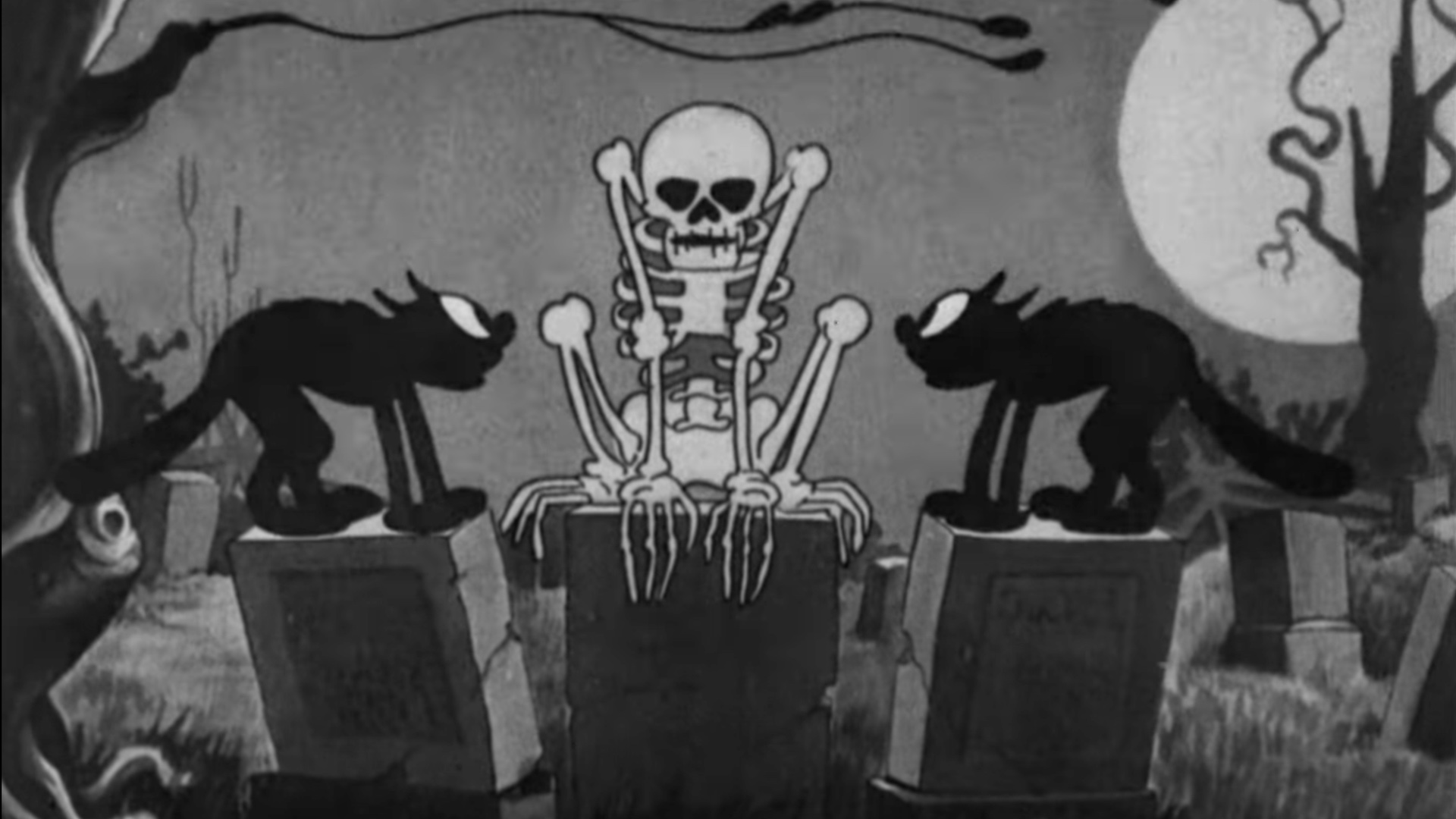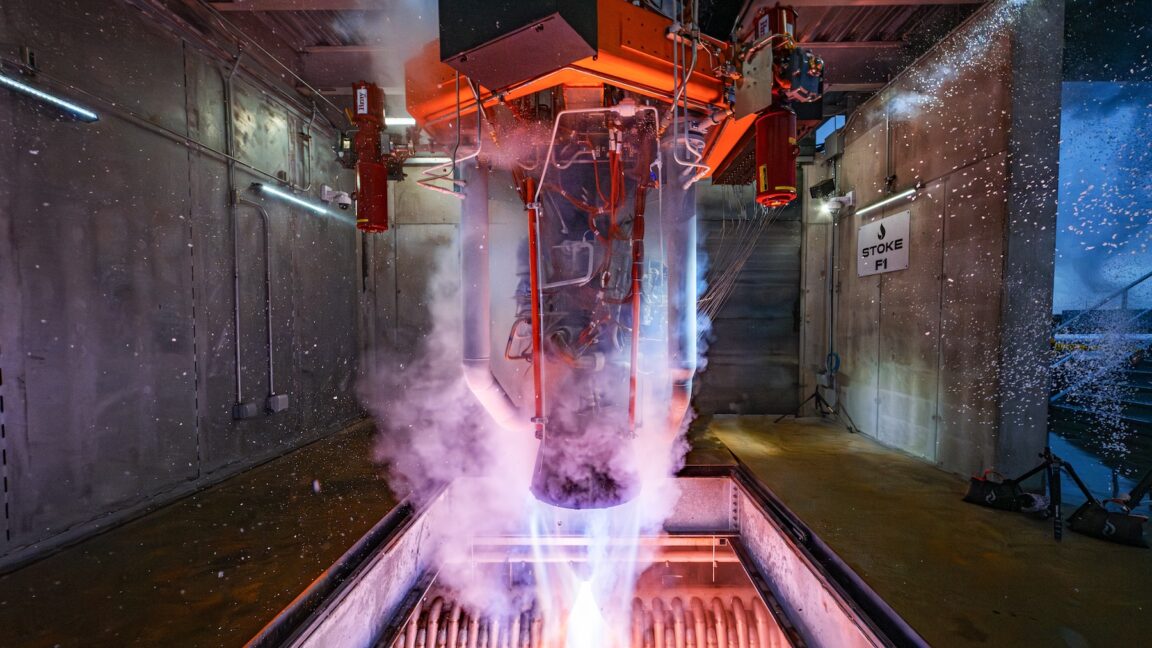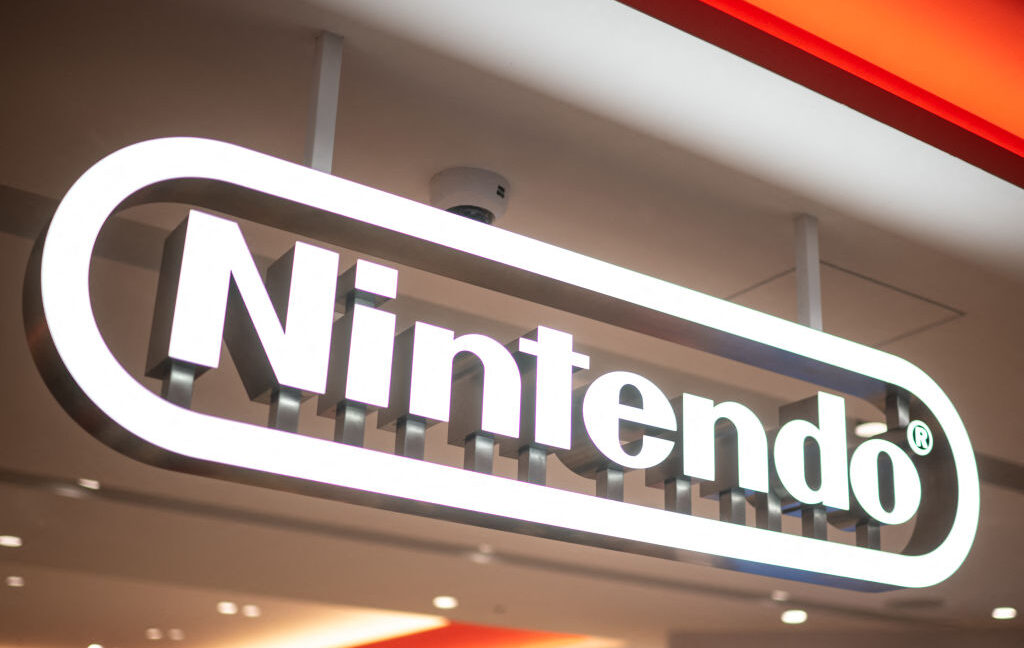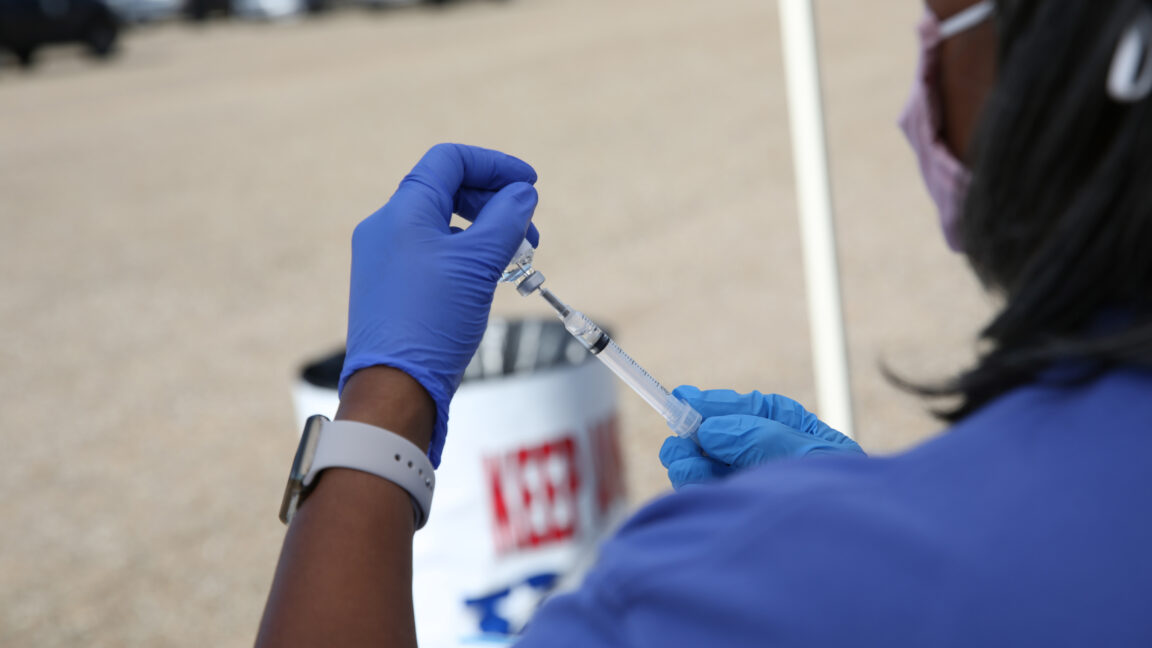After Putin sacked Russia’s space chief, the rumor mill is running red-hot
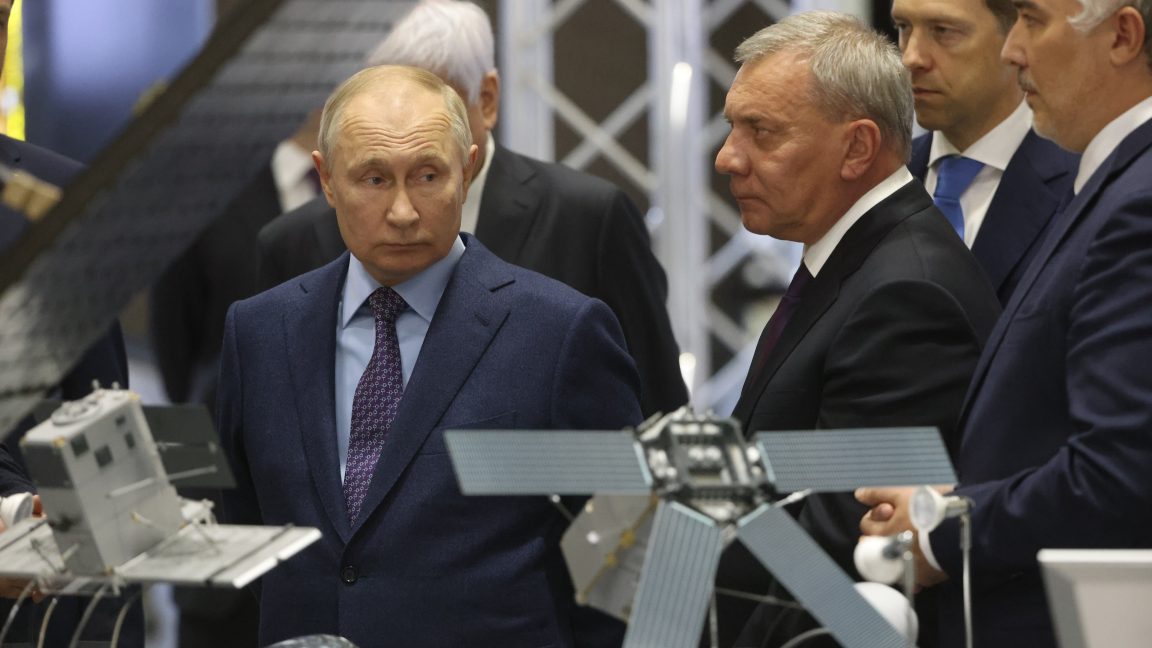
After a relatively short period of just two and a half years, the chief of the Russian space corporation Roscosmos, Yuri Borisov, was dismissed from his position last week. The Kremlin announced he would be replaced by 39-year-old former Deputy Minister of Transport Dmitry Bakanov. An economist by training, Bakanov has worked in the past for a satellite communications company named Gonets. However, he is largely an unknown entity to NASA as the US space agency continues to partner with Russia on the operation of the International Space Station. NASA had developed a reasonably good relationship with Borisov, who brought a much more stable presence to the NASA-Roscosmos relationship after his pugnacious predecessor, Dmitry Rogozin, was sacked in 2022. In the wake of Borisov's seemingly sudden removal—there was no readily apparent public controversy, and he was still fairly early into his tenure—the real question is why Borisov was dismissed. Ars, working with a translator named Rob Mitchell, has been combing through Russian news reports and Telegram channels to try to determine what happened. Although we don't have absolute answers, there is plenty of intrigue.
Why was Borisov terminated?
One of the most common theories is that Borisov was fired after a recent test of the Oreshnik intermediate-range ballistic missile failed. This missile, which is strategically important to Russia, was first demonstrated in the country's war against Ukraine in November 2024. There were reports that Russia launched a second Oreshnik missile at Kyiv last week, but that it accidentally exploded over Russian soil. However, this seems unlikely to be the cause of Borisov's termination, because no Oreshnik missile was actually fired last week. A wilder theory involves Borisov's son. There is unverified information floating around Telegram channels that suggest Borisov's son had begun selling off the family-owned business (NTTs-Module), which made space components for the Russian government, to move funds abroad. But then, last August, Konstantin Borisov died under mysterious circumstances. He was 43 years old. This Radio Liberty program has more information on this unexpected death. Now his father has been removed from a senior state position.
None of this can be confirmed, of course. It is also possible that Borisov was simply fired because of the generally poor state of affairs at Roscosmos, which is saddled with myriad problems, including: corruption, a lack of investment, low wages and poor employee morale, Russia's war against Ukraine draining talent, a reliance on technology half a century old, and shrinking commercial markets. The bottom line is that Russia simply does not have the state budget to support significant investments in its space programs, and the country's technical efforts are bent on weapons rather than spaceflight. It also has virtually no commercial space market, as everything is controlled by Roscosmos or its state-owned subsidiaries. The Ukraine war has exacerbated Russia's decline in space. The country's space program survived the breakup of the Soviet Union a quarter of a century ago by partnering with the West. It formed the coalition of nations that built the International Space Station, with NASA providing significant financial support. European companies bought launches on the Soyuz rocket. American launch companies bought Russian rocket engines. But most of that is over now, and the future looks fairly bleak, with Europe closing off its markets to Russian markets and NASA and Roscosmos likely ending their space station partnership by 2030.
Cows on Mars
In the meantime, Putin appears to be shuffling chairs at Roscosmos and daydreaming about missions to Mars. During a rally with college students in the city of Yaroslavl, Putin was speaking about how Russia would advance into the future. As part of this, he awarded the "Presidential Prize" to several young scientists, including an aerospace engineer named Natalia Cherkashina. She won an award for an anti-radiation composite material. "Natalia Igorevna, can you please tell me if today's modern radiation-protective composites will allow, say, cows to fly to Mars and return? Or bunnies? Or cats? Or dogs?" Putin asked. "Why not? Of course they will," she replied. Later on, Putin said he was just kidding around. "I was joking about cows; we need cows here to make cheese and milk," he said. Under his watch, Russia's space program has become something of a joke, too.


